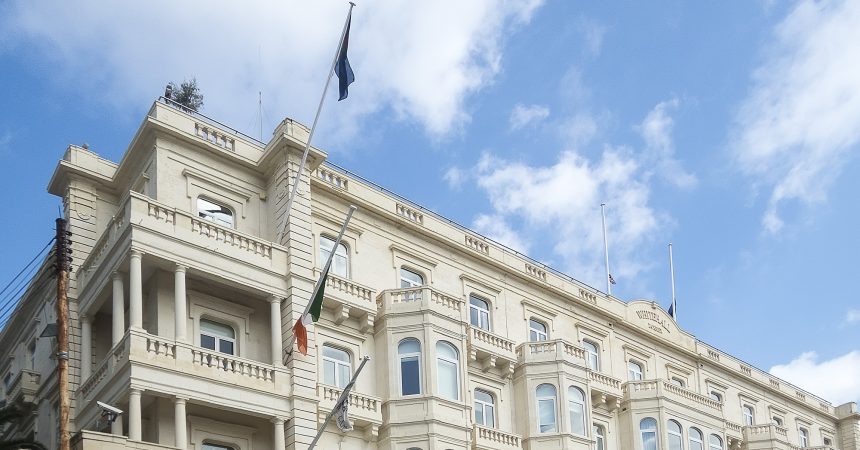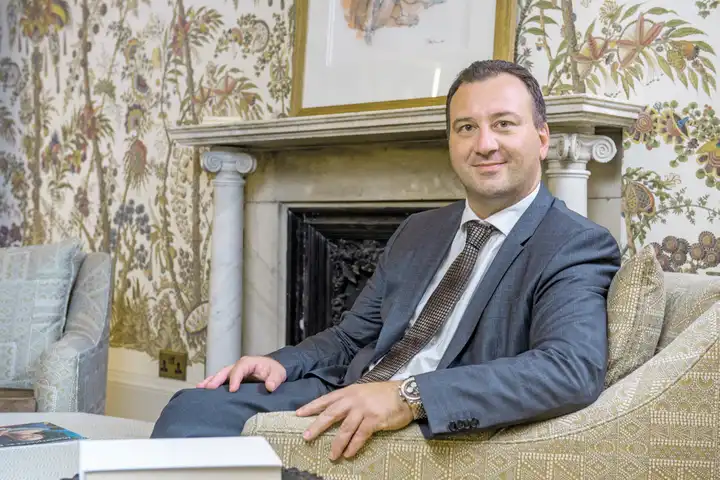Twenty-two MEPs from across political groups have expressed serious concerns over the fact that Pilatus Bank continues to operate in the EU.
The letter to European Banking Authority Chairperson Andrea Enria was co-signed by MEPs from various parties, including EPP, S&D, ECR, ALDE, GUE and the Greens-EFA.
The MEPs that formed part of the PANA Committee of Inquiry as well as the ad-hoc delegation to Malta tasked with investigating the rule of law said:
“There is a growing body of leaked evidence from Maltese authorities and first-hand testimony that place Pilatus Bank at the centre of illicit financial flows from Malta’s citizenship-by-investment scheme, the sale of state assets, and unexplained inflows from high-risk jurisdictions like Azerbaijan to Maltese politically exposed figures”.
This comes after the European Banking Authority launched “preliminary enquiries” into Pilatus Bank and will among others look into whether its licence should be revoked and examine whether the Malta Financial Services Authority (MFSA) is able to do its job properly free from conflicts of interest.
The MEPs pointed to the fact that Pilatus Bank is a fully-licensed eurozone bank, which now operates a branch in London in addition to its headquarters in Malta and that any proceeds of criminal activity laundered through it contaminate European financial and real estate markets and can have a potentially harmful effect on regulatory and political institutions at both a national and a European level.
They added that in the context of accumulating evidence of Pilatus Bank’s role in money-laundering and corruption scandals “at the highest levels of Malta’s government, we have observed with deepening concern the apparent impunity with which the bank continues to operate in Malta. We view the reluctance of the competent Maltese authorities to act as further evidence of regulatory capture, where the close personal and financial links between Pilatus Bank, the national supervisory authority and the executive branch of government, have worked to suppress any effective national checks on the bank’s operations.”
In the absence of effective regulatory scrutiny at the national level, the MEPs said Pilatus Bank has been free to pursue investigative journalists and whistleblowers with the full force of the law.
“The bank’s impact on press freedom in Malta has been significant: all independent news outlets in Malta, including the assassinated journalist Daphne Caruana Galizia who was one of its most strident public critics, received threats of vexatious and potentially crippling lawsuits in the US and UK from the bank’s lawyers.
The MEPs warned that what began as a money-laundering and terrorism financing issue “has now grown to become a threat to freedom of expression in Malta, illustrates the depth and harmful impact of allowing even a small private bank to operate unchecked in a Member State.”
They added that the conduct of the Maltese authorities in licensing the bank and allowing its continued operation, despite mounting public evidence of serious anti-money laundering violations, cannot be viewed in isolation, but should be viewed in the context of the bank’s close political links to the current national administration.
“Pilatus Bank’s short client list features politically exposed persons from Azerbaijan, Angola, and Malta, and includes Keith Schembri, the Maltese Prime Minister’s Chief of Staff, as he himself admitted in the statement he read out to the PANA/LIBE ad hoc mission to Malta during a scheduled meeting with Prime Minister Joseph Muscat.”
Considering that Pilatus Bank has succeeded to an unprecedented degree in curtailing negative press coverage of its operations, in light of the compelling evidence of regulatory capture in this case, and in view of the clear implications for Europe as a whole of the bank’s continued operation without adequate scrutiny, it is of crucial importance that the European Banking Authority’s inquiry into the bank is in-depth, effective, and independent of Malta’s national authorities”.
The MEPs asked to be kept informed of any developments in the inquiry.
The inquiry by the European Banking Authority was launched following a formal request by the European Commission’s DG Justice.
Spanish Liberal MEP Maite Pagazaurtundúa and MEP David Casa, who led the effort on this letter, said: “We are confident that the very serious revelations concerning Pilatus Bank will be thoroughly investigated by the European Banking Authority and that the EU’s financial system will be protected from the laundering of the proceeds of criminal activity”.
Casa had sent the FIAU reports to the European Commission in November last year. The European Central Bank is also investigating Pilatus Bank and is currently assessing whether the situation justifies its direct intervention following a request made by David Casa last December.
The signatories to the letter are:
– Maite Pagazaurtundúa
– David Casa
– Werner Langen
– Ana Gomes
– Monica Macovei
– Stelios Kouloglou
– Esther de Lange
– Dariusz Rosati
– Heidi Hautala
– Sven Schulze
– Petras Austrevicius
– Matt Carthy.
– Martina Anderson
– Lynn Boylan
– Liadh ni Riada
– Markus Ferber
– Francis Zammit Dimech
– Sophie in`t Veld
– Thomas Mann
– Roberta Metsola
– Frank Engel
– Takis Hadjigeorgiou












